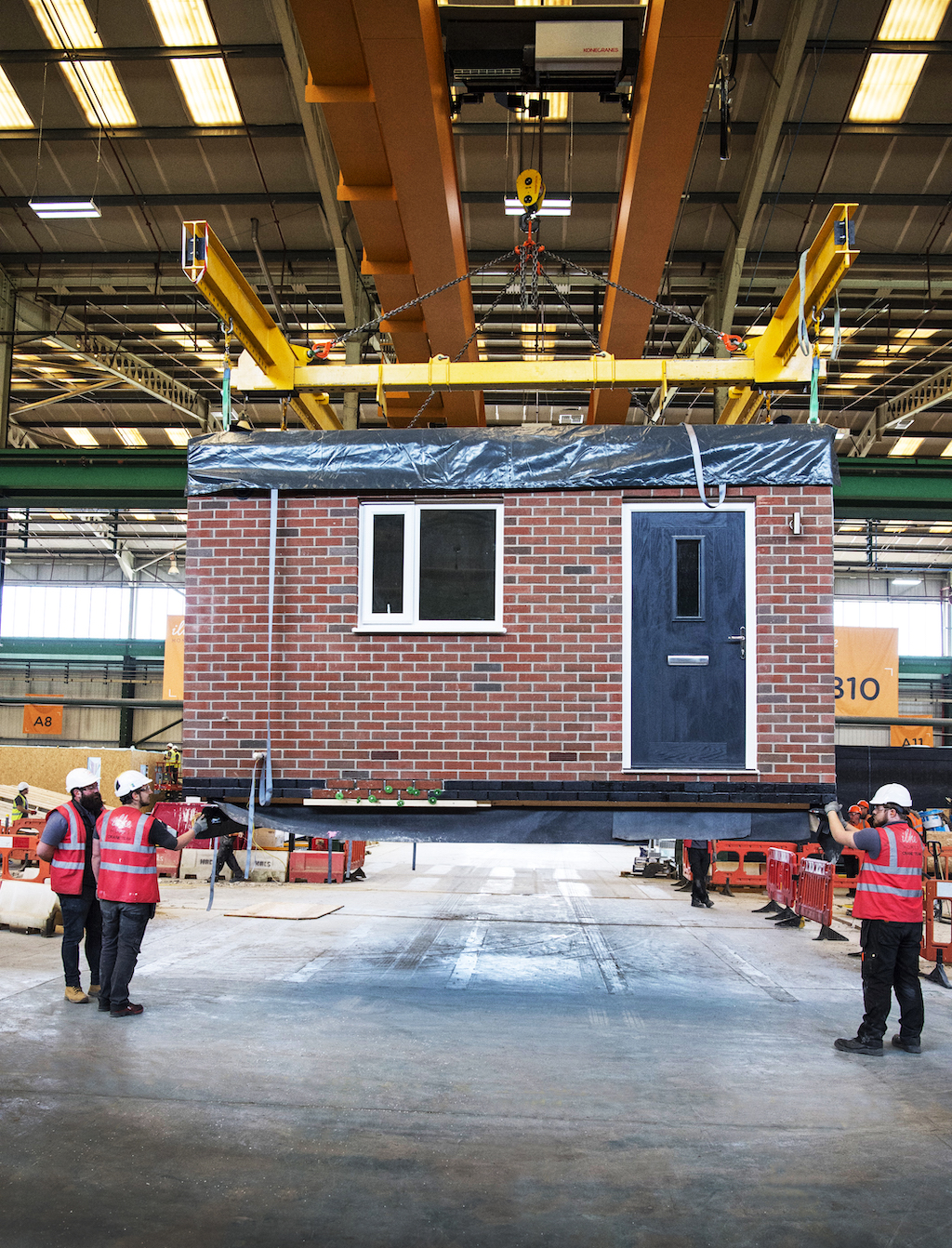
ilke Homes, a modular housing company backed by Homes England, has unveiled a zero carbon home which it believes can cut energy bills to zero – thanks to progress in manufacturing, materials and renewable energy.
The company’s factory manufactured homes create low levels of waste and are thermally efficient because many of the components come pre-assembled or are cut and manufactured using robots.
Having already trialled zero carbon homes for five councils and housing associations, Yorkshire-based ilke Homes is now rolling out a mainstream zero carbon home.
The company explained that ilke ZERO is able to achieve a zero carbon specification by:
- Fabric: A home’s walls, floors and roofs are highly insulated, while all windows and doors are incredibly airtight. This helps ensure heat does not escape and stops draughts. Being manufactured in a factory – as opposed to a field – means everything can be done at higher quality
- Efficiency: Highly efficient LED lighting that use less than a quarter of the energy of a halogen bulb is incorporated into the design, as well efficient water fittings and ventilation systems
- Renewable energy: Fossil-fuel gas boilers are replaced by low-carbon air source heat pumps that use a third of the energy. In addition, solar panels, that now cost less than traditional roof tiles, generate more electricity than a house requires, providing free energy for consumers and income from exported electricity
Dave Sheridan, Executive Chairman at ilke Homes, said: “Government is rightly pushing construction to drag itself into the 21st century and we need to replicate the successes seen with solar, wind and EVs where industry came together, drove down costs and drove up skills.
“We’ve spent years investing in our factory and this mainstream zero-carbon home is a great example of how the private sector can respond to politicians’ net zero pledges. There’s a huge opportunity here to tackle fuel poverty while helping investors meet their green targets. But we need our supply chain and our partners to work with us. Driving down the cost depends on scale and equally, we need to act now.”








